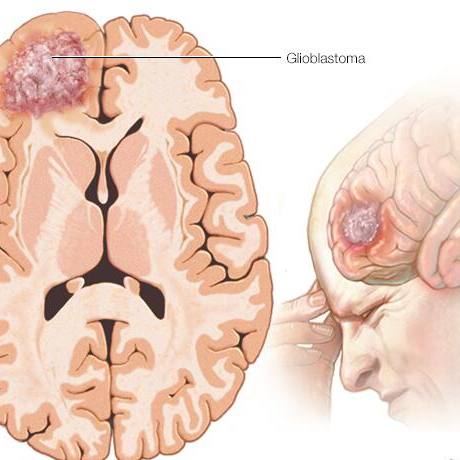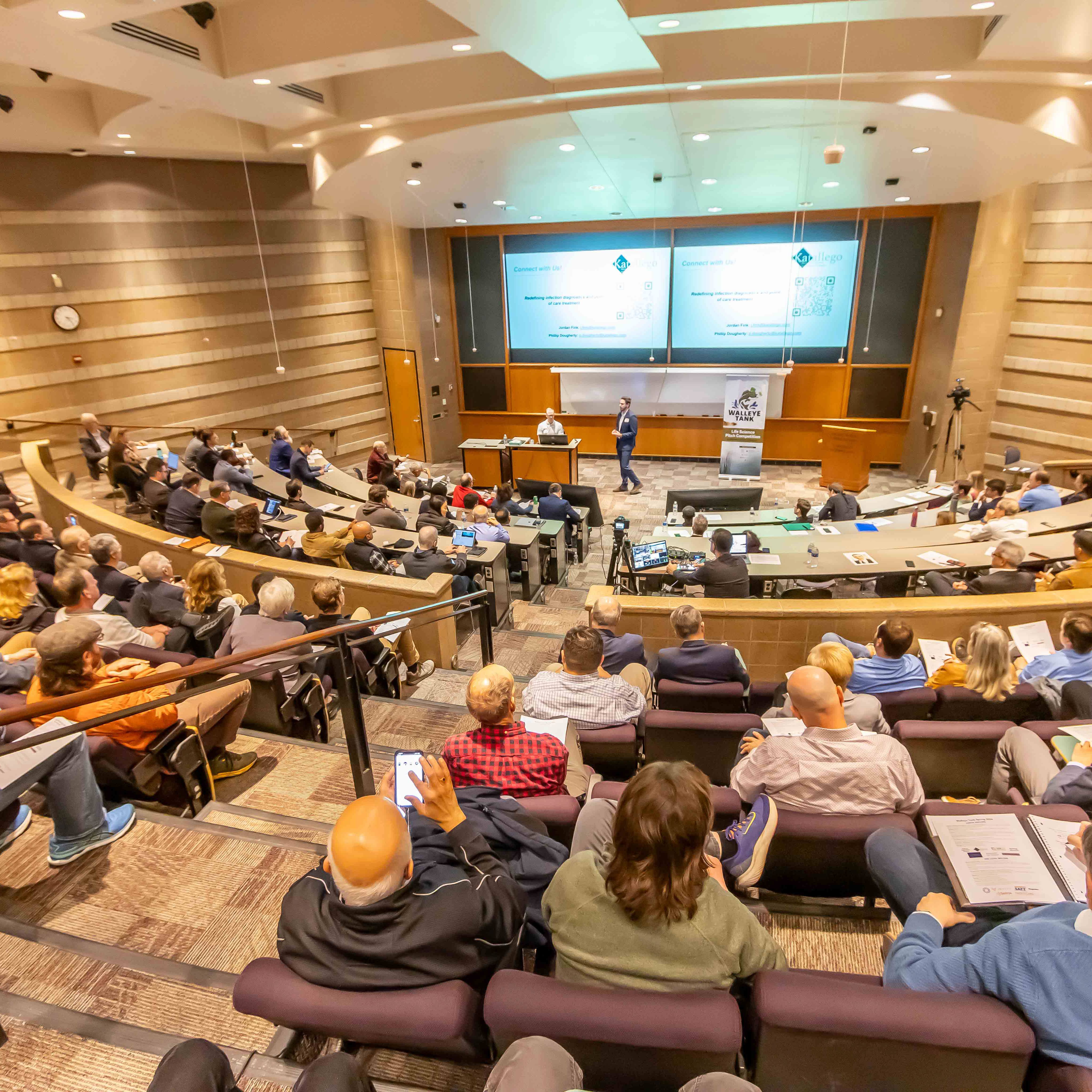-
Research
Clinical research coordinators: Advancing research, improving care
International Clinical Trials Day will be recognized this year on Saturday, May 20, celebrating the clinical research profession. The annual commemoration day acknowledges clinical research coordinators' contributions to advancing medical research and improving patient care.
Clinical research coordinators are often the patient's first point of contact in the research process and play a central role in the successful execution of clinical trials. Their work is critical in building trust and confidence within the study, and the data they collect is used to develop new treatments that can improve patient outcomes.
Ensuring every aspect of trials runs smoothly
Tami Krpata, a Mayo Clinic associate clinical research coordinator, helps ensure that every aspect of the research process runs efficiently. She is responsible for obtaining informed consent and health status throughout the trial.
"As a research coordinator, I aim to ensure the trial runs smoothly," says Krpata. "My responsibilities include following regulatory requirements, such as Good Clinical Practices, Institutional Review Boards, and Food and Drug Administration." Within her role, Krpata has worked on over 80 studies throughout her time at Mayo Clinic. She creates a weekly to-do list to manage the crucial responsibilities of screening and recruiting participants, entering data and conducting study visits.
Within the fast-paced work surrounding recruiting participants, Krpata always tries to remain flexible and adaptable to unexpected changes or urgent tasks. "Recruitment and retention can be the most challenging part of a study," she says. "Often the studies are very specific. And finding patients that fit the scope of the study and are willing to participate and offer their time is not always easy."
A varied and exciting career
Wendy Sundt, a Mayo Clinic senior clinical research coordinator, has worked in Blood and Marrow Transplant, Gastroenterology, Cardiovascular Surgery Research, and Urology Research, as well as lending her capabilities to projects such as a pragmatic study working alongside Mayo’s community paramedics.
"I’ve had a varied and exciting career in a field that I never dreamt I would be a part of," says Sundt.
Sundt was also a supervisor for the Department of Qualitative Health Services and is currently a supervisor for Urology Research.
"This career requires tenacity and fortitude," she says. "It’s not a job you leave at the office. We carry the weight of the patient's health and safety, the responsibility of regulatory requirements to ensure study integrity and, to some extent, the weight of the principal investigator's and Mayo Clinic's reputations."
Sundt notes the important role of coordinators in protecting clinical trial subjects.
"It is our duty to make sure they know exactly what is being asked of them," she says.
She emphasizes that the work being conducted is a collective team effort accomplished through a supportive environment.
A shared commitment to equity in clinical trials

"Study coordinators do much more than consent patients," says Rozalina McCoy, M.D., an endocrinologist and primary care physician.
She notes how Mayo Clinic clinical research coordinators like Sundt and Krpata who work with her ensure no patient is disenfranchised from participation based on language, cognitive impairment or lack of internet access throughout clinical trials.
"They share my commitment to equity in trials and work tirelessly to advance it. Most importantly, they are the face of our trial," says Dr. McCoy.
The role of clinical research coordinators is vital in supporting improved patient outcomes and advancing medical research.
"Great research doesn’t happen here by accident – it takes the entire team to run this program," says Sundt.
The clinical research coordinator program is supported by the Mayo Clinic Center for Clinical and Translational Science, which is funded by Clinical and Translational Science Award grant UL1 TR000135 from the National Center for Advancing Translational Sciences.
Learn more
Mayo Clinic engages in clinical trials nationally as a member of:
- Decentralized Trials & Research Alliance
- Clinical Trials Transformation Initiative
- Steering Committee - CTTI (ctti-clinicaltrials.org)
- The Multi-Regional Clinical Trials Center of Brigham and Women's Hospital and Harvard








